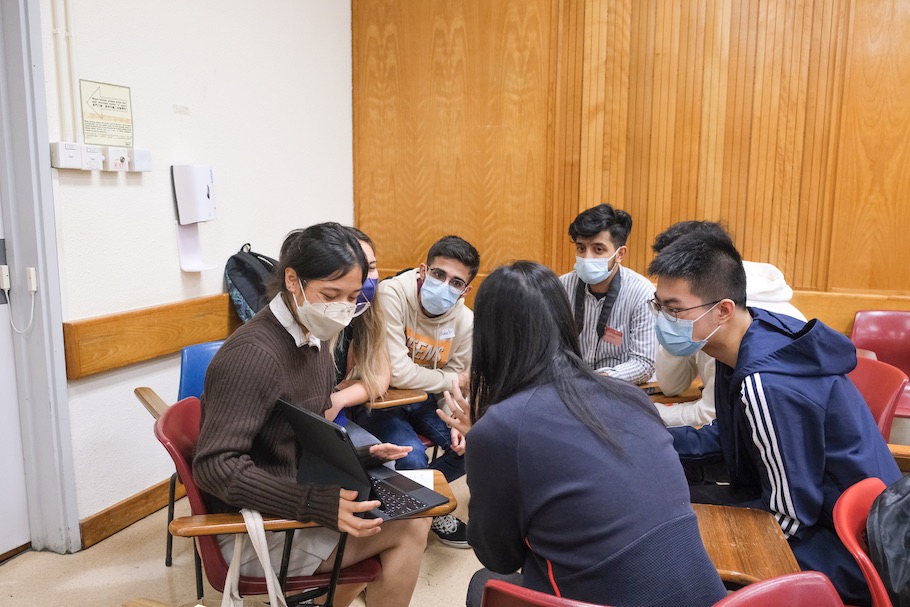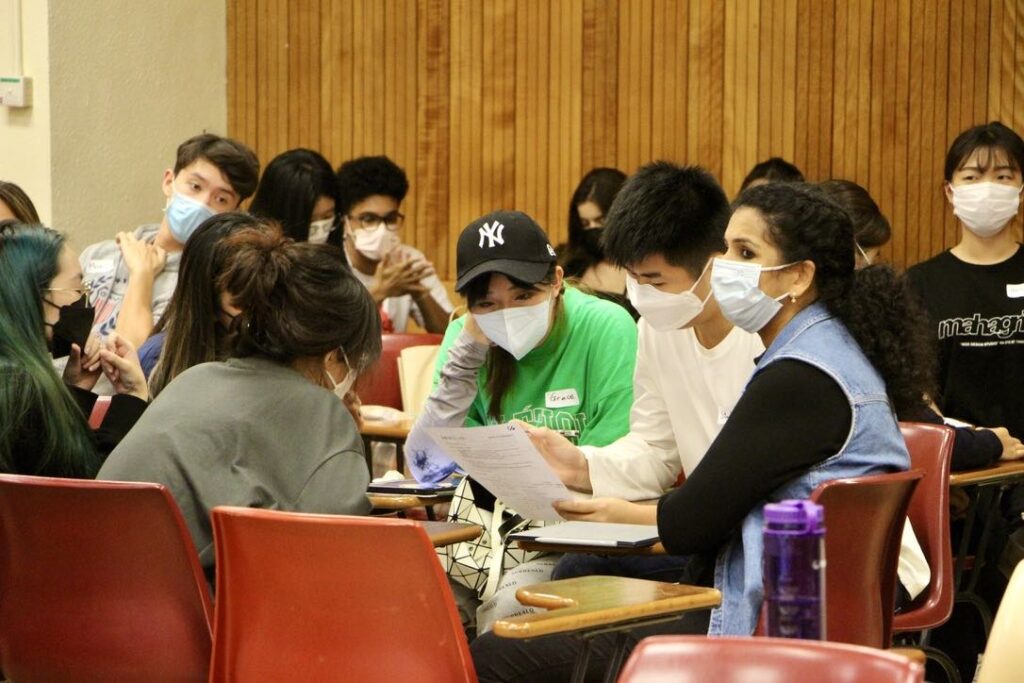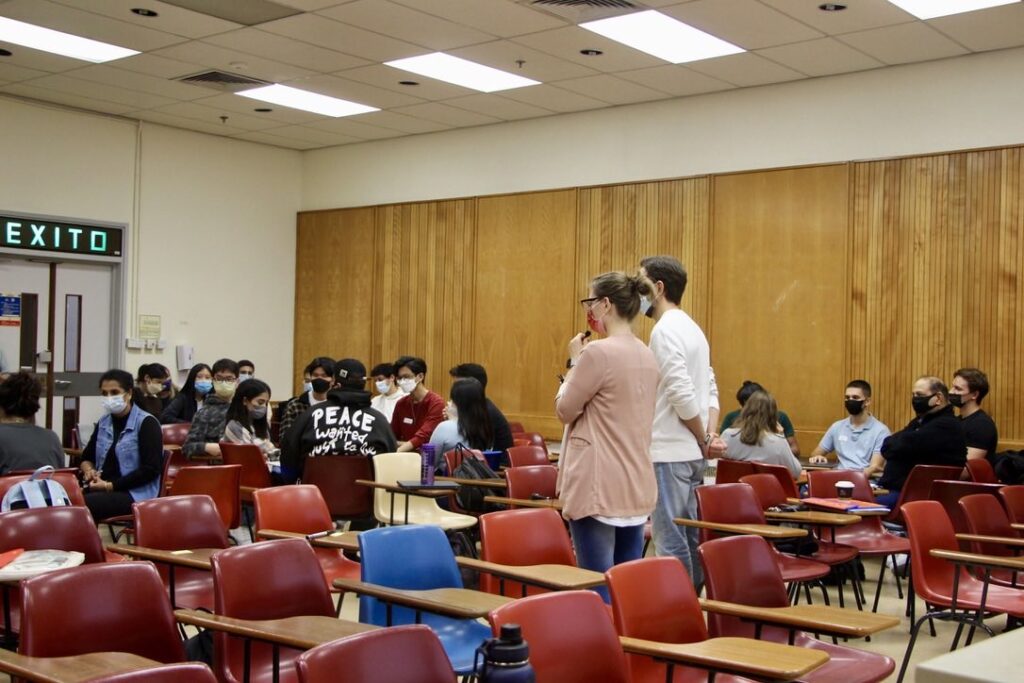With just a few more weeks left for the semester, students of our Impact Lab Course gathered on 8 November for the second seminar, on Risk Management and Learning from Failure.
What made this seminar special is that it was held in collaboration with our Mentorship Program for Ethnically Diverse Entrepreneurs, so that the 10 participating entrepreneurs could share their experiences and insights.
We kicked off the workshop by asking the students and entrepreneurs this question: Why do startups fail?
Interestingly, the students ranked “running out of cash” as the top reason for the failure of startups, while entrepreneurs ranked that option as the 5th most likely reason. On the other hand, while the students ranked “lack of passion and burnout” as an unlikely reason (9th), entrepreneurs found this to be the top reason why startups fail.

Lucia Loposova, the teaching assistant of the Impact Lab Course, then talked about some common reasons for Hong Kong startups to fail, including High Costs, Risk Averse Investors and Lack of Funding, Legal and Administrative Complexities, Lack of Human Capital, and Cultural Resistance to Innovation.
The list of reasons for startups to fail is by no means exhaustive, as David Bishop, the Impact Lab Course instructor, illustrated with two real-life case studies of the two startups he helped co-found. But from failures come invaluable lessons. In fact, that’s one of the reasons that David started the Impact Lab Course 10 years ago: to offer young people a safe environment to learn to fail well.
Following the sharing session, the students were asked to apply their knowledge to action. Each ethnically diverse entrepreneur (or a couple representing the same organization) was assigned their respective breakout group, and the students were then put into one of these breakout groups. While the breakout session gave the entrepreneurs the opportunity to practice pitching their business, it also gave the students the opportunity to learn more about the entrepreneurs and their businesses, in order to help the entrepreneurs identify potential risks and draft mitigation strategies.

Amongst the risk mitigation strategies proposed by the students are doing market research to ensure the company is targeting the right market, and patenting ideas to avoid replication from competitors.
The session ended with David Bishop thanking the entrepreneurs for sharing their ideas, and for being courageous and open to hear criticism from students.
“It is always a little bit challenging to share stories about your company, to open yourself up to potential criticism . . . Thank you to the entrepreneurs for being willing to share your stories, being willing to come here, and I hope it was useful.”
The workshop was a great success in helping students learn to identify risks and mitigation strategies in real growing businesses, while entrepreneurs received new insight from some bright third-party eyes!

On 22 November, the ethnically diverse entrepreneurs will meet for a Mental Resilience workshop. Impact Lab students will be attending a seminar on Systems Change and Broad Collaboration on the same day.
Stay tuned for the highlights of the Mental Resilience workshop for the mentees and mentors of our Mentorship Program, and the seminar on Systems Change and Broad Collaboration for our Impact Lab students!



